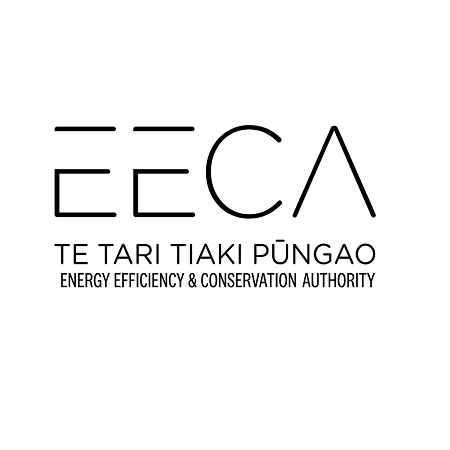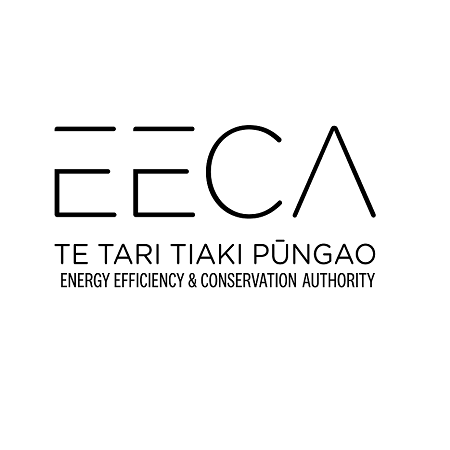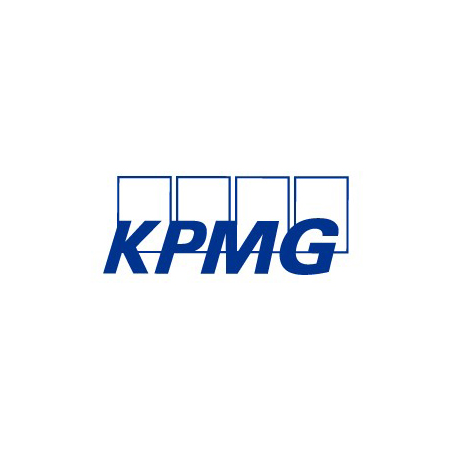Lincoln has become the first New Zealand university to adopt commercial scale solar energy as it unveils plans to eliminate coal by 2025.
The university has partnered with Meridian Energy to install a 102-kWh solar array, the largest to be installed at a New Zealand University. The array will supply renewable energy direct to the university’s network, with Meridian planning additional arrays as part of Lincoln’s $8 million investment into renewable energy.












